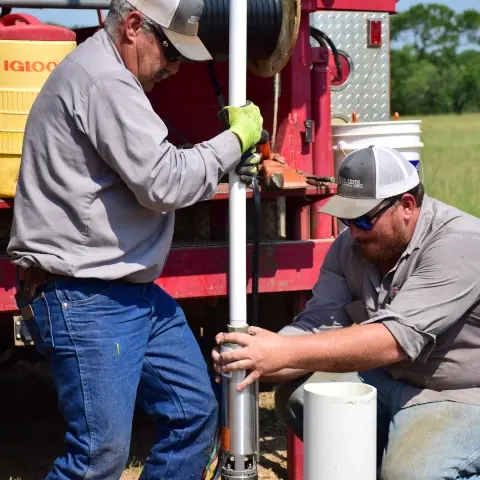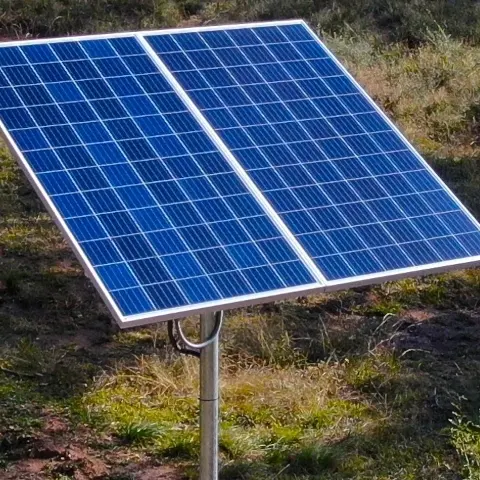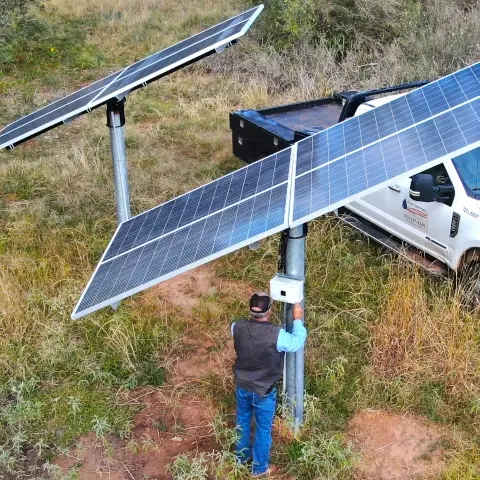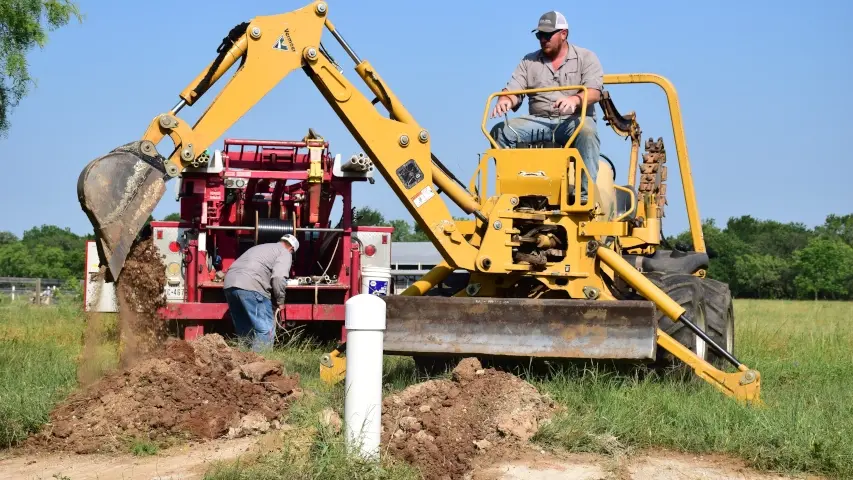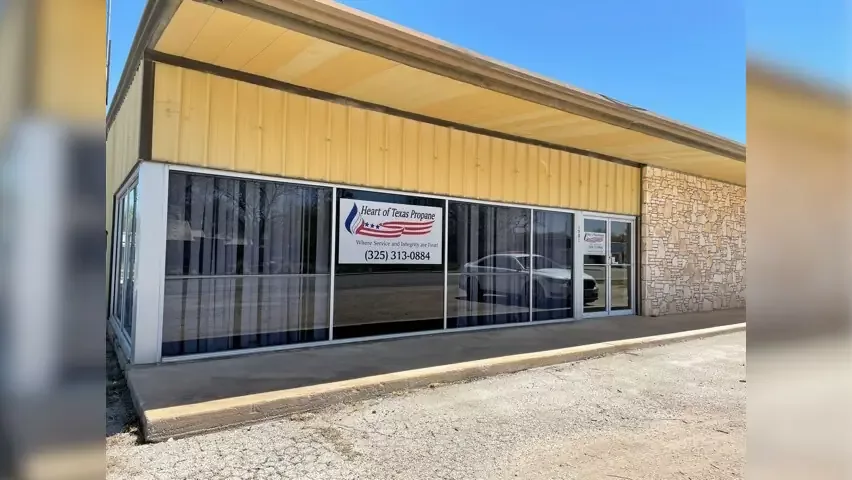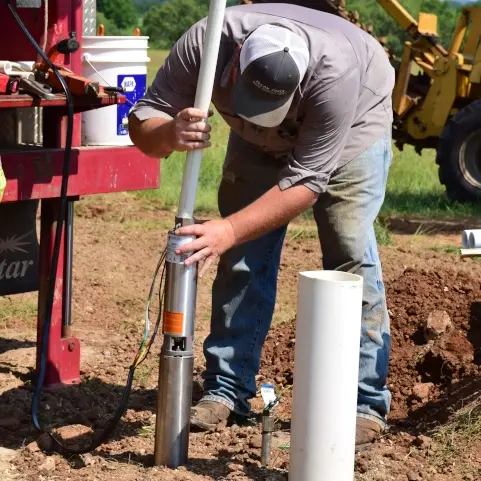
Benefits of Submersible Pumps
Submersible pumps are installed below the water level in your well. This makes them ideal for deep wells and for wells that produce a lot of water. Submersible pumps are also very efficient and can provide a high flow rate of water.
There are several benefits to installing a submersible pump:
- High efficiency: Submersible pumps are very efficient, which means that they can use less energy to pump the same amount of water as other types of pumps.
- High flow rate: Submersible pumps can provide a high flow rate of water, which is ideal for homes with multiple water fixtures.
- Quiet operation: Submersible pumps are very quiet, which is important if you have your well located near your home.
- Long lifespan: Submersible pumps have a long lifespan, which can save you money on replacement costs in the long run.
